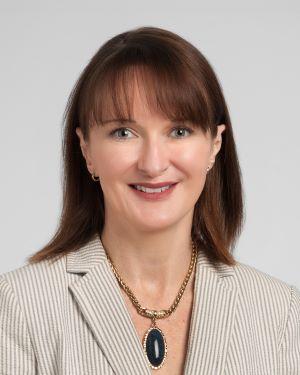Belinda Udeh Research Program
-
Belinda Udeh Research Program
- Principal Investigator
- Research
- Our Team
- Publications
- Careers
- Research News
Research
Healthcare resources are finite. Health economic evaluations are not necessarily focused on saving money but guide medical decision-making on how best to maximize resources, including people, time, facilities, equipment, and knowledge, to maximize the health and welfare of the population, often summarized as 'biggest bang for the buck'. My overall research interest lies in the efficiency and effectiveness of healthcare utilization, aka health economic evaluation. Health economic evaluations such as cost-effectiveness and cost-utility analysis are frameworks for decision-making. They identify and illustrate the tradeoffs of one choice over another. I build analytic decision models to assess the clinical outcomes (life years gained, adverse events avoided, etc.), utility outcomes (quality of life), and economic outcomes (cost of an intervention, drug costs, hospital costs, cost of sick days, patient travel costs, etc.) between at least two different healthcare interventions. My research career involves not only developing new methods but the adaptation and application of these methods to a broad range of clinical topics and health services research.
Biography
Before coming to Cleveland Clinic in 2011, Dr. Udeh worked clinically as a podiatrist and in health services management in Australia, healthcare quality improvement in the Virgin Islands, and healthcare and public policy in Iowa. She holds a podiatry degree, a Master's degree in public health (health services management) and a PhD (health economics) from the Queensland University of Technology, and a GradDip in Health Economics (Pharmacogenomics) from Monash University.
Education & Professional Highlights
Research
My overall research interest lies in the efficiency and effectiveness of healthcare utilization, aka health economic evaluation. Health economic evaluations such as cost-effectiveness and cost-utility analysis are frameworks for decision-making. They identify and illustrate the tradeoffs of one choice over another. I build analytic decision models to assess the clinical outcomes (life years gained, adverse events avoided, etc.), utility outcomes (quality of life), and economic outcomes (cost of an intervention, drug costs, hospital costs, cost of sick days, patient travel costs, etc.) between at least two different healthcare interventions. My research career involves not only developing new methods but the adaptation and application of these methods to a broad range of clinical topics and health services research. Methods have included decision-analytic models, including Markov and discrete event simulation, ROI models, and economic trends analysis using primary and secondary data sources.
My research has expanded to assess healthcare utilization and economic analyses from a population health level, using social determinants, behavioral economics, and prediction modeling to address patient preferences, capacity, and healthcare inequities. I have extensive collaborations with clinicians and other healthcare researchers to conduct research from the patient, provider, hospital, payer, and societal perspectives within the US and international settings. Some of my previous research includes the cost-effectiveness of: prenatal HIV screening in middle-income countries; state-funded family planning in Iowa, increases in the tobacco excise tax, mobile stroke units for earlier stroke intervention, pharmacogenomic testing of acute stroke patients to maximize drug effectiveness; and the use of a closed blood draw system in ICU's. Some of my current research includes evaluating, proposing, and evaluating interventions for patients presenting to the ED with migraine, the cost-effectiveness of testing women for penicillin allergy during pregnancy, and the cost-effectiveness of 3 clinical pathways for the placement of central venous catheters in ICU patients.
Our Team
Selected Publications
View publications for Belinda Udeh, PhD
(Disclaimer: This search is powered by PubMed, a service of the U.S. National Library of Medicine. PubMed is a third-party website with no affiliation with Cleveland Clinic.)
Careers
Training at Lerner Research Institute
Our education and training programs offer hands-on experience at one of the nationʼs top hospitals. Travel, publish in high impact journals and collaborate with investigators to solve real-world biomedical research questions.
Learn MoreResearch News

The new method has the potential to guide patient care decisions and improve clinical outcomes.
